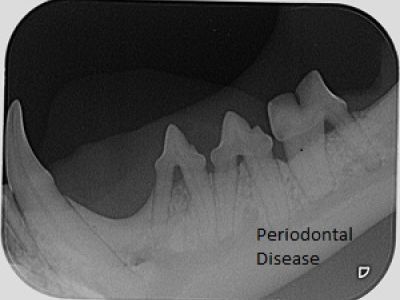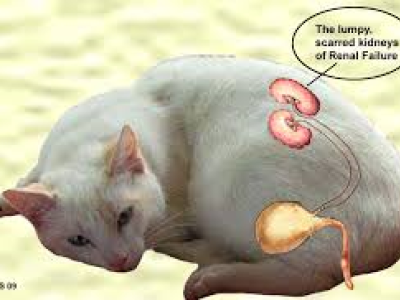Dental Month 2020

August is ‘pet dental health month ‘, so it is a good time to prioritise our paw-families oral health. Dental hygiene in our companion pets is an important part of everyday life, as it is in our own.
Most Common Dental Questions:
How often do pets need dental checks? - Generally, most pets have oral examinations annually when they are vaccinated.
What are the signs of dental problems? - Difficulty eating, drooling, pawing at their teeth or mouth, discharge from nose, swelling under eyes, bad breath, tooth discolouration, lose or missing teeth.
Do pets teeth really need to be removed? - Tooth extractions are a very common procedure for dogs and cats. There could be infection or decay in a tooth that is most effectively treated by removing the tooth altogether. Sometimes removal is the best option for the dog’s health.
Can a pet survive without teeth? - Teeth or no teeth, all dogs like to chew. Even if they are just gumming, all dogs enjoy the experience.
What happens if you do not get your dog’s teeth treated? - Plaque is like cement full of bacteria. This bacteria causes inflammation and infection of the gums, gum recession or bone destruction around the roots of the teeth.
Can my dog’s teeth be cleaned? - To be effective, a full exam and cleaning must be done under an anaesthetic. Then we can check periodontal pockets around teeth, check teeth surfaces and perform X/Rays which are vital to diagnosing periodontal disease below the gum line.
Do rotten teeth hurt pets? - Bad breath can be a sign that your dog may have tooth decay or infection. Either of these may cause tooth pain.
How long does dental surgery take? - Depending upon the severity of the condition, dental cleaning/scaling can take 45-75 minutes, while extractions can take up to 2.5 hours.
Is it OK to brush my dog’s teeth? - Brushing your dog’s teeth every few days will help with tartar build up. Otherwise there are dental food diets that will do this job for you.
Only us an animal toothpaste as human toothpaste contains Xylitol, an artificial sweetener that is toxic to dogs.


